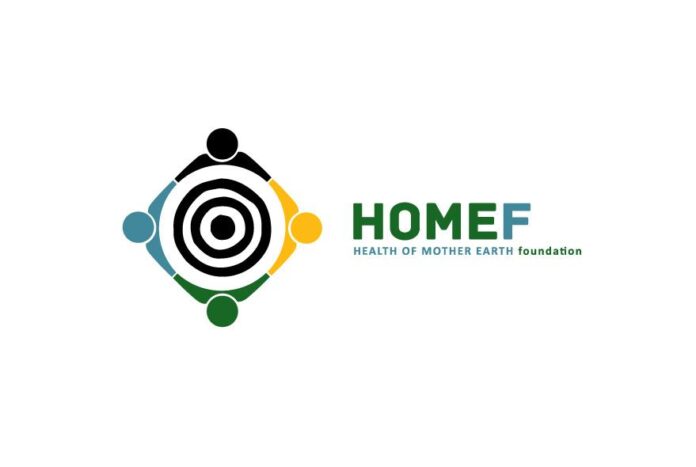The Health of Mother Earth Foundation (HOMEF) has issued a plea to the federal government, urging them to halt the proliferation of Genetically Modified Organisms (GMO) food products.
Instead, HOMEF advocates for investment in the promotion of organic food seedlings, a vital step in preserving the country’s local varieties and ensuring access to healthy, nutritious meals for all.
Furthermore, the group emphasizes the need to streamline the responsibilities of the country’s Food Systems Regulators. This will ensure that only foods that meet the highest standards of health and nutrition are approved for consumption and distribution among the population.

During a media dialogue on the preservation of healthy local foods and seeds, Joyce Brown, the Project Lead of Hunger Politics at HOMEF, highlighted the lack of proven benefits of GMOs for Nigeria’s growth.
Scientific research consistently warns of the dangers GMOs pose to human and environmental health, the economy, and food systems. Alarmingly, the prevalence of non-communicable diseases, such as cancer and kidney failure, has been linked to diets heavily reliant on food imports.
Brown’s warning gains credibility through recent research revealing the presence of GMOs in up to 38 food products in Nigerian markets. Shockingly, 24 of these products were previously unseen, indicating a staggering 60% influx of new GMO items due to consumer ignorance.
“Nigeria thrives on the healthiness of locally produced food crops; it does not need GMOs to feed its population,” asserts Brown.
She emphasized the importance of government efforts to provide accurate information to farmers, encourage local food production, support smallholder farmers with necessary infrastructure, and facilitate access to credit and land to enhance productivity.
HOMEF actively encourages people to choose local, healthier, and indigenous foods to avoid GMOs. Additionally, they call on the government to address the issue of insecurity, enabling farmers to return to their fields and cultivate food in a safe environment.
Dr. Jacqueline Ikeotuonye, a prominent advocate for healthy living, warns that a toxic combination of factors has compromised Nigeria’s food system, failing to meet the needs of a significant portion of the population.
She urged the government to enforce proper labeling of products, ensuring transparency regarding GMO content. This will empower consumers to make informed choices for their well-being.
“People must remain cautious of pesticide-infested foods in the market,” cautions Dr. Ikeotuonye. She emphasized that these products contribute to diseases such as cancer and kidney failure.
To combat this, she advocates for a culture of self-sustainability, urging individuals to plant their gardens and grow their vegetables.
Miriam Bassey, another food advocate, raises concerns about the importation of GM seedlings, fearing it jeopardizes Nigeria’s food sovereignty.
She highlighted the importance of preserving local varieties, passed down through generations, ensuring they are not polluted or entirely eradicated due to food colonization.
“We must strive for a situation where communities have access to culturally relevant, nutritious, affordable, and sufficient food,” argues Bassey.
Dr. Hauwa Mustapha, speaking from the perspective of farmers, emphasized that the lack of access to traditional seedlings negatively impacts food production.
Farmers have always preferred local and organic seedlings, but the unavailability of organic options, coupled with challenges such as fertilizer scarcity, pest infestations, banditry, and insecurity within farms, contribute to food insecurity.
Dr. Mustapha called on the government to prioritize organic farming for local consumption and reduce the use of chemicals, emphasizing the potential pollution of soil resulting from negligence and the cultivation of GM seedlings.
“The government must provide farmers with accurate information and respect their years of experience and knowledge in food production spanning generations,” stresses Dr. Mustapha.
“If we do not prioritize the local production of healthy organic food, we will soon be overwhelmed by GMOs, and that will cost us lives and livelihoods,” she concludes, urging immediate action.




